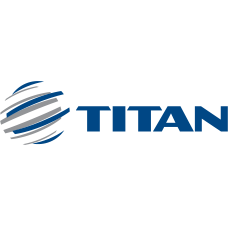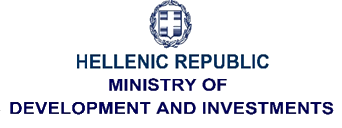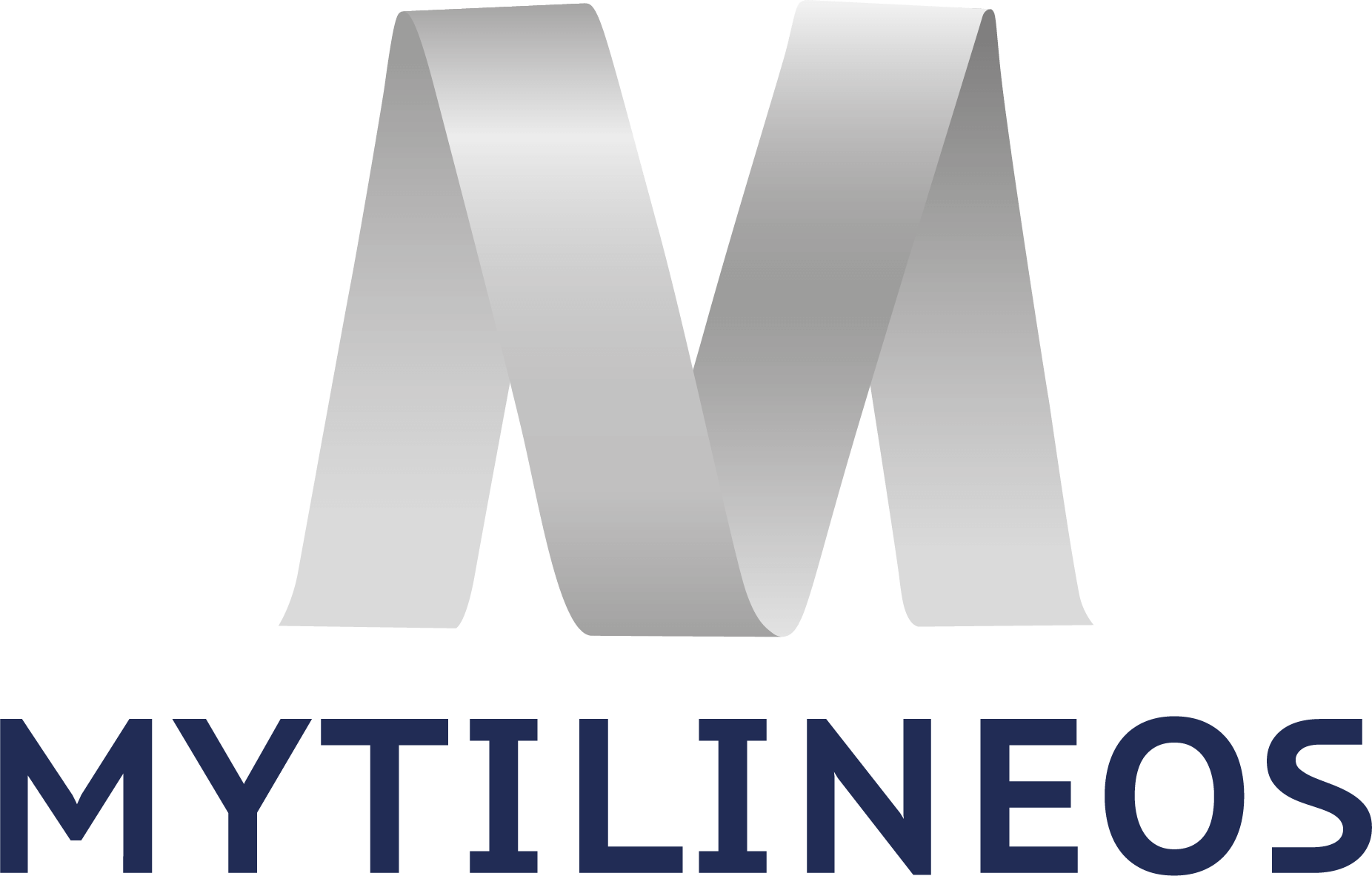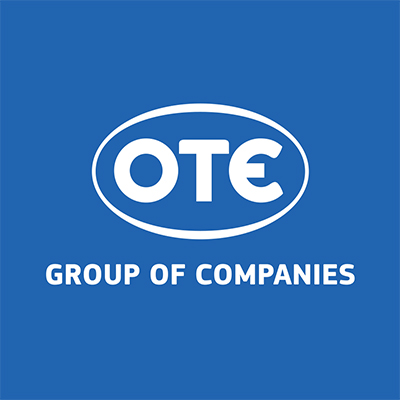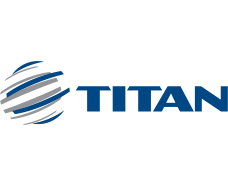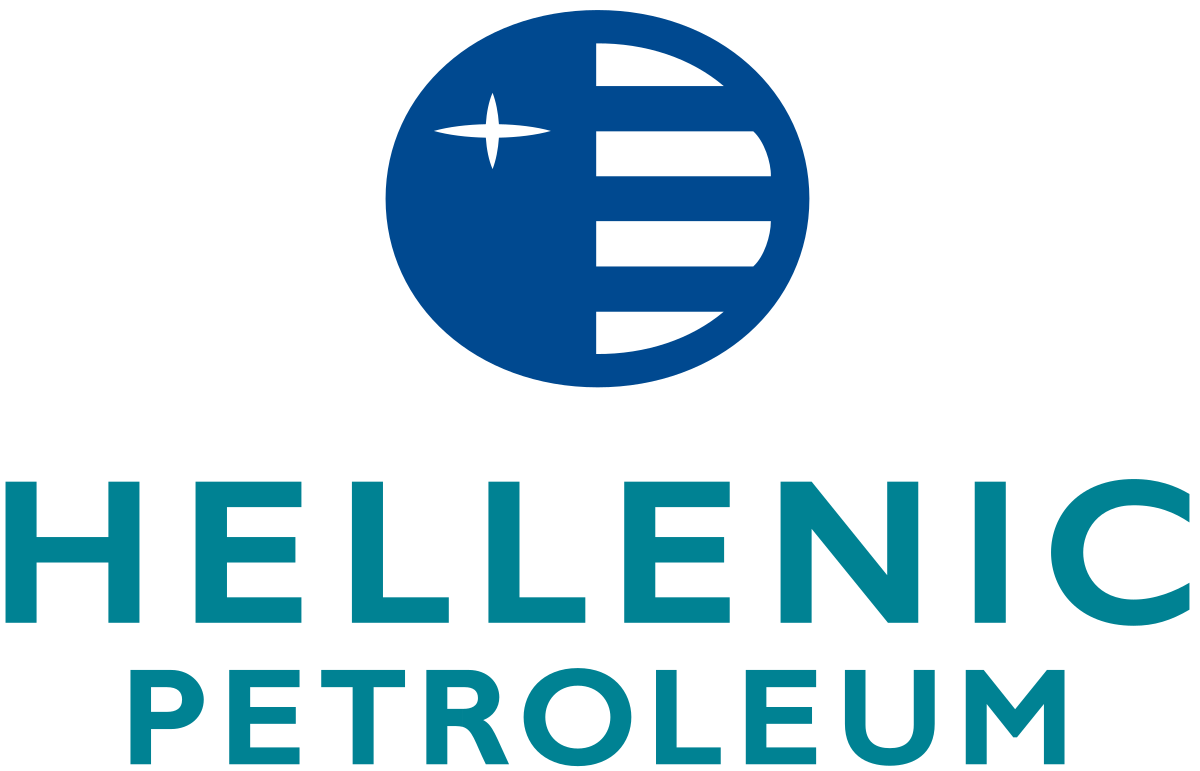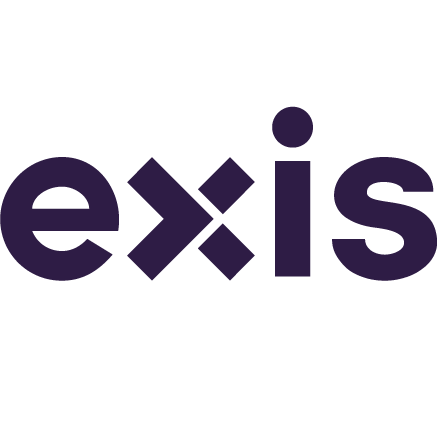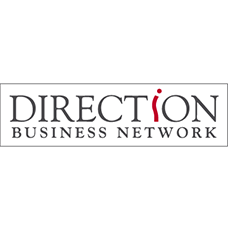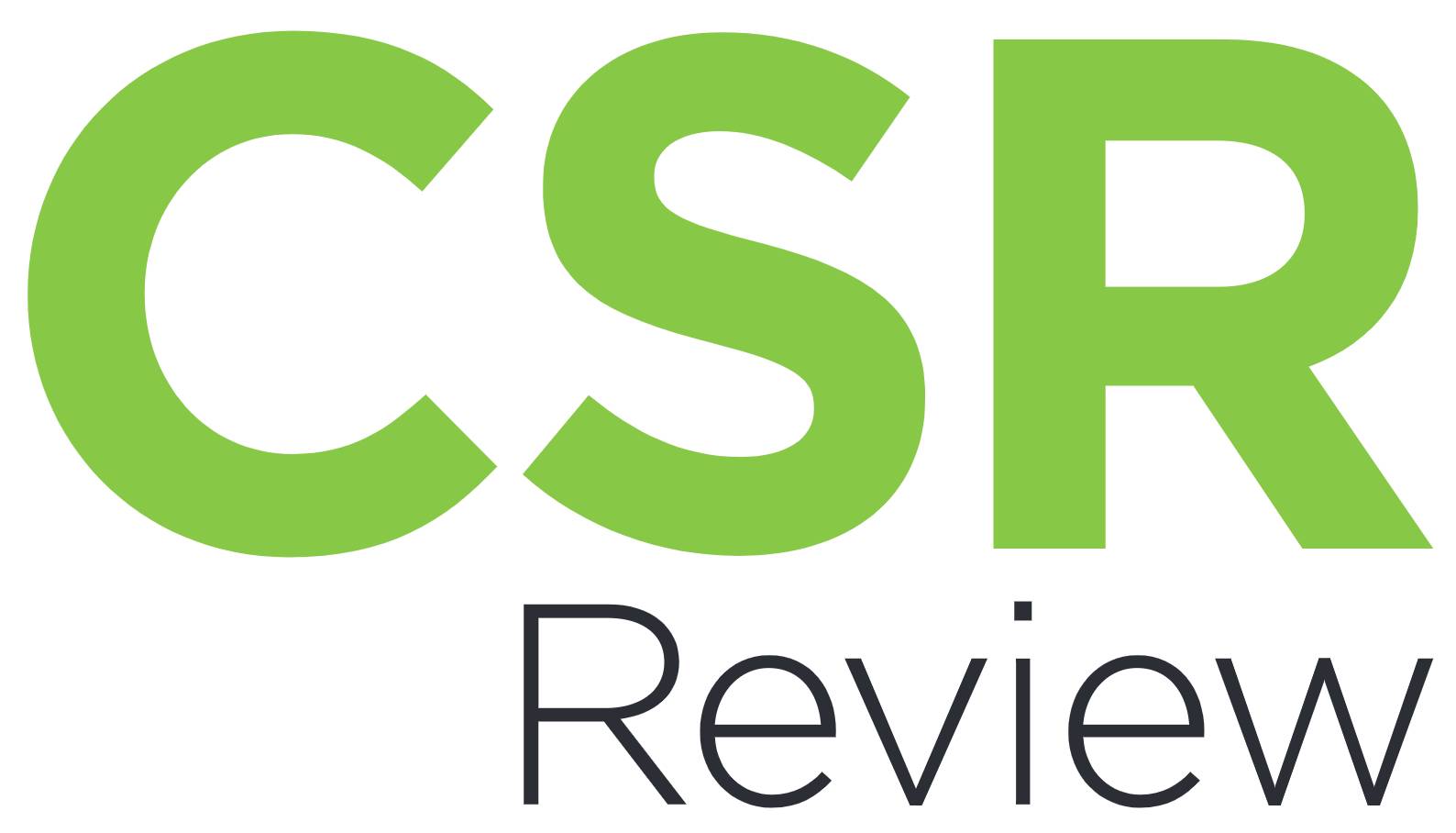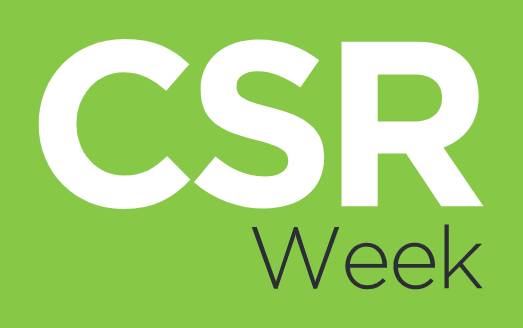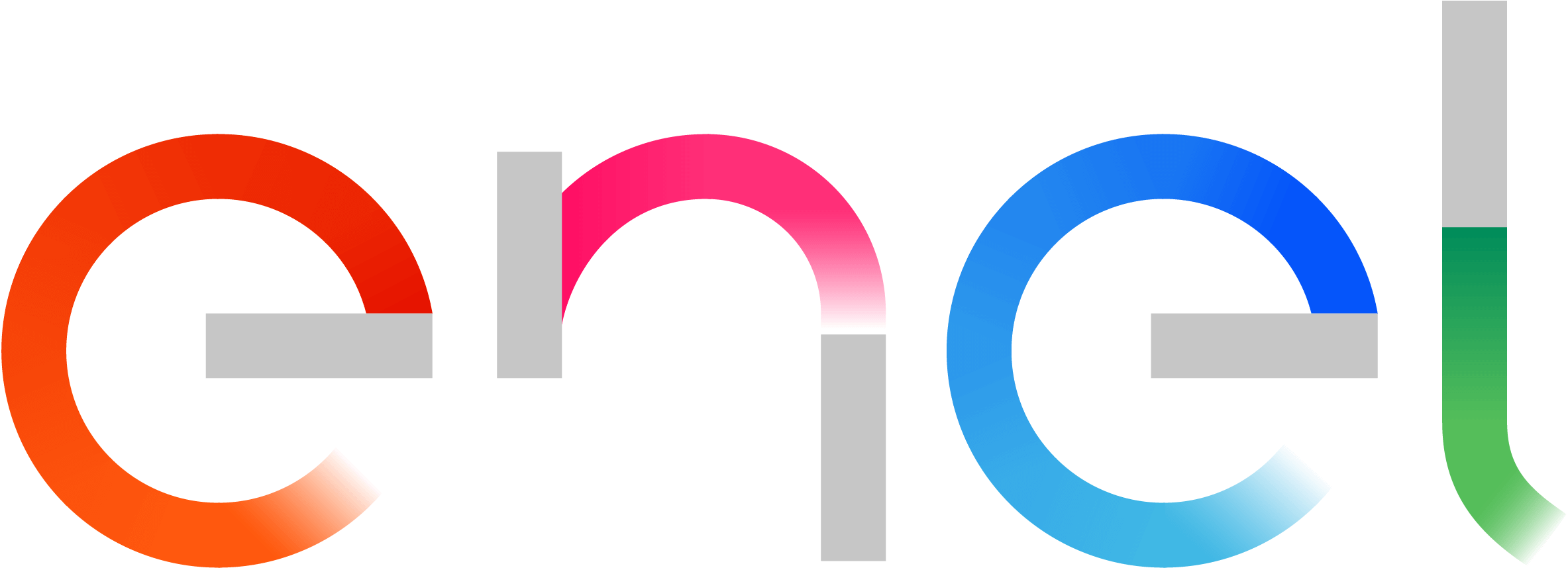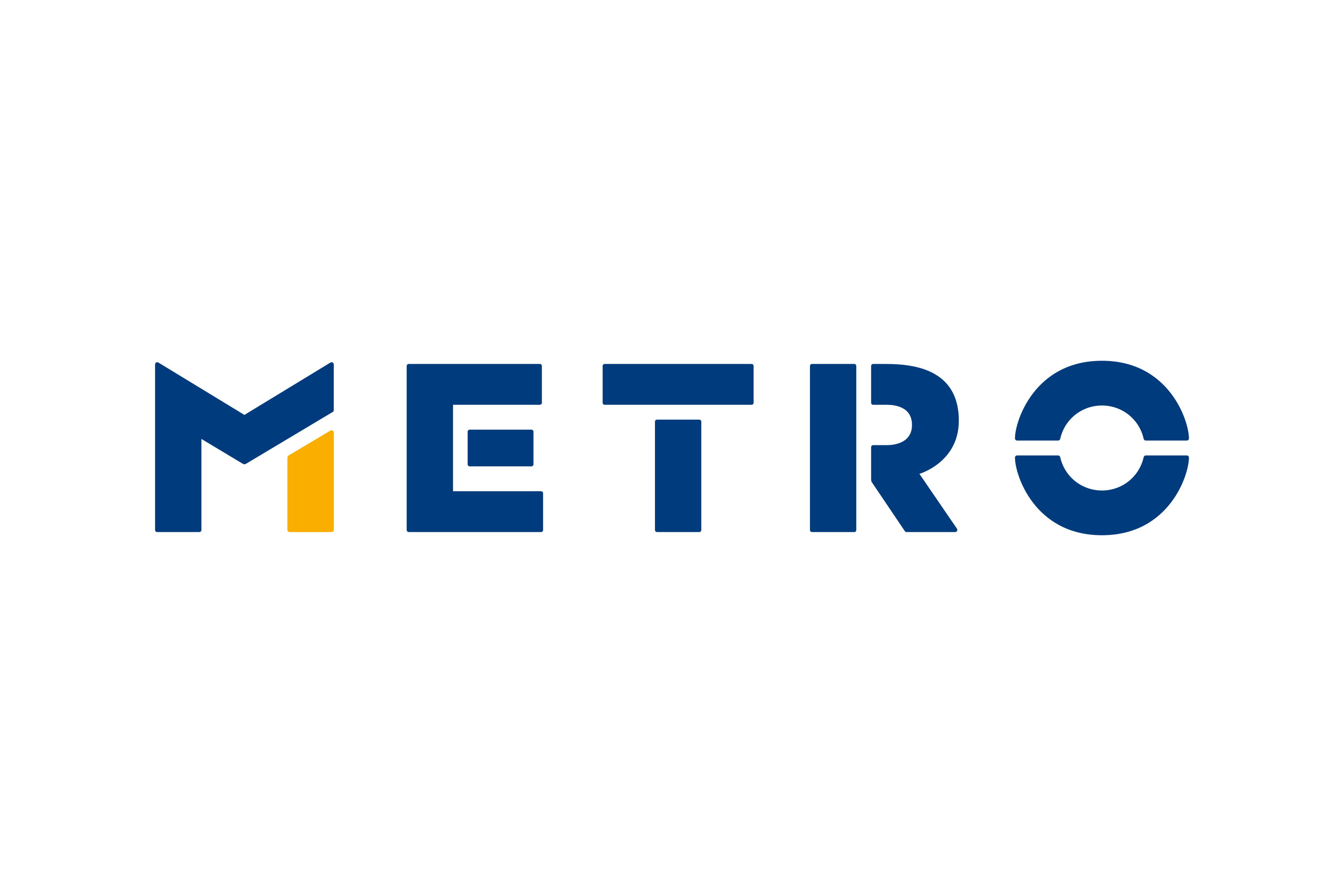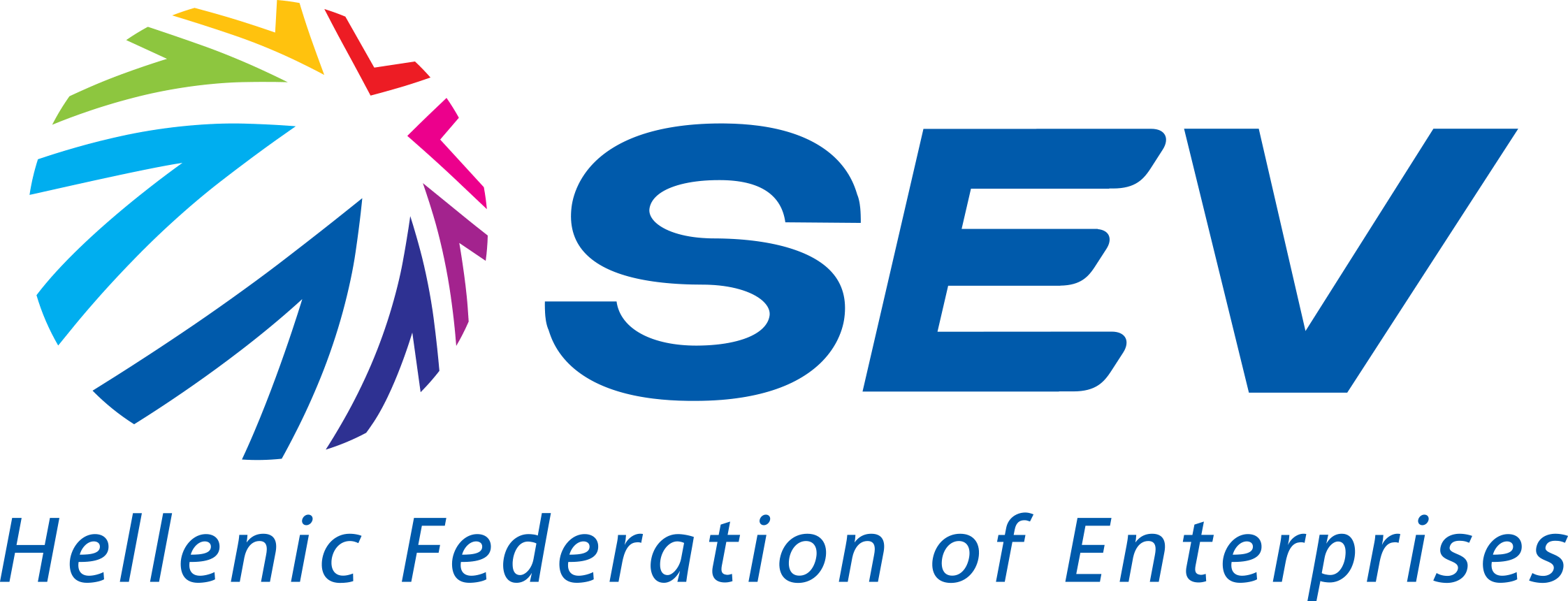LECTURES OF THE CSR SCHOOL 2021

12:00-15:00 CET (Brussels time zone)
Sustainable Value Creation
By Dr. Constantine Manasakis (Assistant Professor, University of Crete)
Scope:
To highlight the business case of sustainable development and the value of introducing sustainability and responsibility in the corporate DNA through business model innovations within an action plan towards sustainable shared value.
Learning objectives / outcomes
- Highlight the business opportunities and benefits of sustainable development.
- Present the roadmap and the steps towards the development of a business responsibility action plan.
- Present the structure of a CSR action plan and its link to administrative practices.
- Demonstrate how business responsibility enhances corporate competitiveness.
Contents:
- Introduction: Business as usual.
- The business case of Sustainable Development Goals (SDGs).
- Strategic corporate responsibility and shared value towards SDGs.
- Identifying material issues for a strategic corporate responsibility agenda.
- Development of an action plan addressing the relevant material issues and proper transformations (identify the relevant goals and objectives; create a plan for how to achieve them; implement the proper transformations; evaluate the performance).
- From sustainable and shared value to responsible and sustainable business through sustainable competitive advantages.

15:00-16:00 CET (Brussels time zone)
The next Innovability normal
By Ms. Giulia Genuardi (Board Member, Enel Americas S.A, Professor of Corporate Social Responsibility, LUMSA)
Contents:
- IA roadmap to a sustainable business model: the approach is changing
- Open Innovability to manage the next normal
- A robust structure of sustainability process and the role of stakeholders
- Sustainability Strategy and systemic view, including finance and remuneration

12:00-15:00 CET (Brussels time zone)
Sustainable Corporate Governance
By Dr. Alexandros Antonaras (Vice President of Student Services and Associate Professor of Management, University of Nicosia)
Scope:
To introduce sustainability related issues within corporate governance structures, in the context of “Sustainable Corporate Governance – A European Commission Initiative”.
Learning objectives / outcomes
- Identify the firm specific sustainability challenges to be introduced in its corporate governance..
- Develop a business oriented action plan supporting the introduction of sustainability related issues within a firm’s corporate governance.
Contents:
- Corporate Governance fundamentals
- Sustainability boards (Committees, etc)
- How to establish / What are the key criteria that should be considered in selection / Roles / Functions / Executives or non-, etc.
- What are the tasks will be undertaken by the Committee and what are the mechanisms of monitoring progress and achievement of time bounded goals, what are the evaluation / compensation systems…
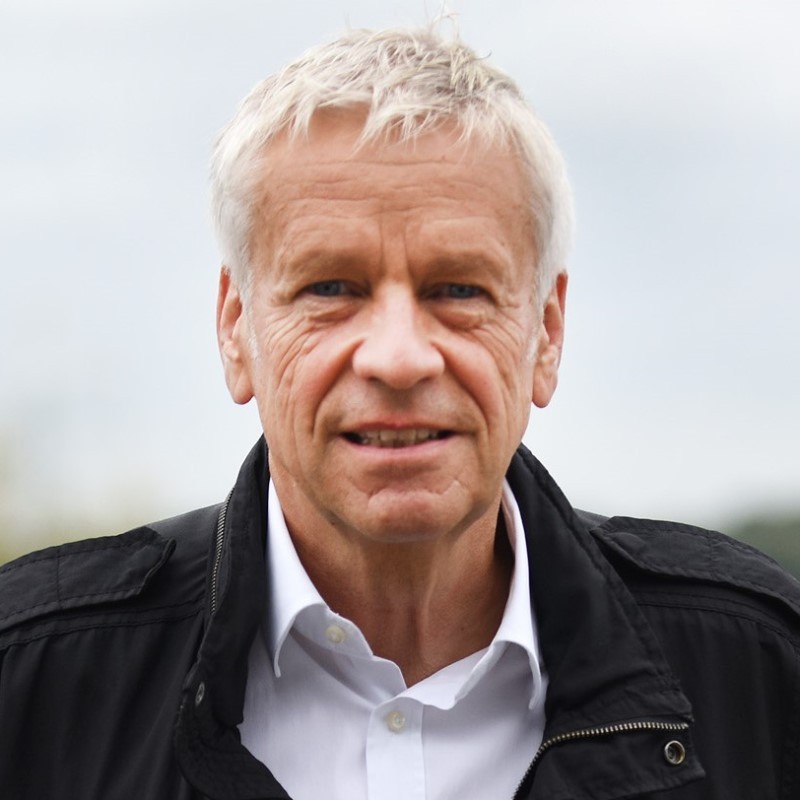
15:00-16:00 CET (Brussels time zone)
Building forward better!
By Mr. Henning Ohlsson (Director of Sustainability, EPSON Europe, Managing Director, Epson Deutschland)
Scope:
What is coming next? Environmental and social issues will take the center stage and will become the new standards of corporate governance practices. You can see how Epson has put ESG in action. From vision to execution.
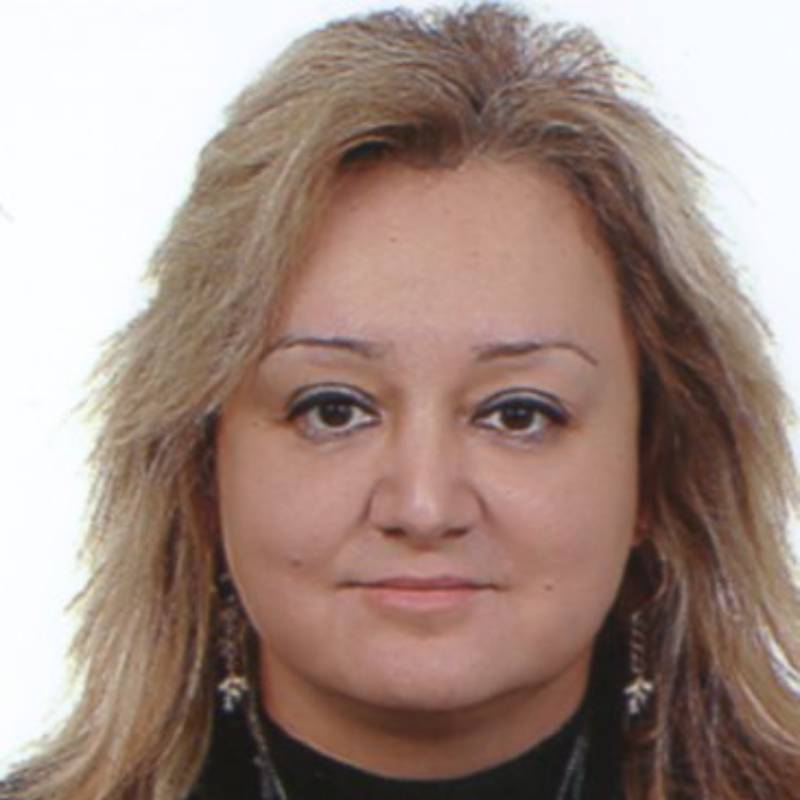
12:00-15:00 CET (Brussels time zone)
Legal Aspects of CSR
By Dr. Aspasia Tsaoussi (Associate Professor in Sociology of Law and Law & Economics, School of Law, Aristotle University of Thessaloniki)
Scope:
- to present the current normative frameworks for CSR.
- to highlight the CSR functions, within corporate governance, as an informal legal context for self‐regulation.
- to explore the conjunction between ethics and law in corporations surviving in a globalized environment.
Learning objectives / outcomes:
- Present the current normative EU frameworks for CSR.
- Introduce voluntary CSD functions and commitments within the formal framework of corporate governance.
- Discuss the future of CSR: Its continuing impact on the environmental and social conditions of the corporate environment.
Contents:
- Can we identify legal dangers for shareholders and investors?
- Sustainability legal frameworks (mandatory) VS Guiding Principles (normative) VS standards (voluntary).
- CSR as soft law (it is seen as obligatory by most corporations because of consumer expectations and internal norms).

15:00-16:00 CET (Brussels time zone)
ESG liability: risks increasing for multinational companies
By Ms. Izabella M. Tsirba (Finance & Capital Markets Lawyer)
Contents:
- The issue of “parental liability” as a result of ESG disclosures and obligations through the lens of the landmark decision Vedanta Resources Plc and Konkola Copper Mines Plc v Lungowe and Others [2019] UKSC 20.
- The changes that take place in the EU landscape for multinational companies’ liability for their subsidiaries’ conduct (EU sustainable finance package and draft directive to deal with corporate accountability and mandatory supply chain ESG due diligence).
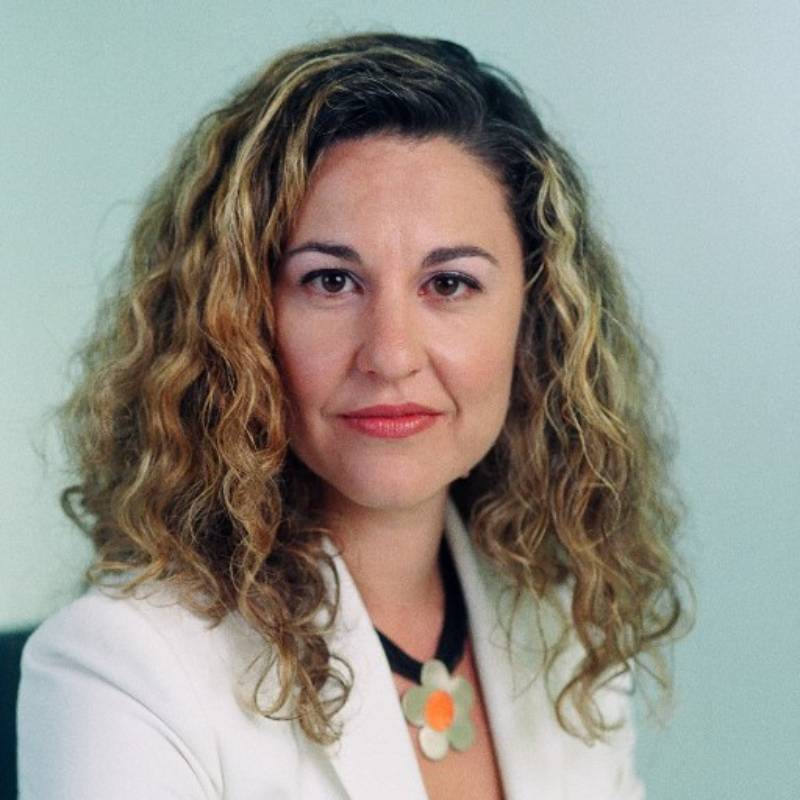
12:00-15:00 CET (Brussels time zone)
Responsible Human Capital Management
By Dr. Olga Epitropaki (Professor and Director of Research of the Management & Marketing Department, Durham University Business School)
Scope:
To highlight the role of inclusive working environments and responsible human capital management as key drivers towards CSR.
Learning objectives / outcomes:
- Introduce key issues related to responsible human capital management for sustainable organization-building.
- Discuss how responsible human capital management can support the CSR strategy by leveraging internal competencies and contributing to a positive, healthy and fair work environment.
- Outline the key elements of a Diversity and Inclusion (D&I) strategy for inclusive and respectful work environments.
Contents:
- Socially responsible human capital management: The interface between CSR and HRM.
- Key HRM practices (e.g., recruitment, performance management, talent management) that support the CSR strategy and contribute to improving the work and quality of life of employees.
- Diversity and Inclusion frameworks and key pillars of a D&I strategy.
- Aligning organizational systems and policies and implementation challenges.
- Best practices and organizational examples.
![]()
![]()
15:00-16:00 CET (Brussels time zone)
COVID-19 Pandemic Management in Hellenic Petroleum
By Mr. George Kavathas (Member of Corporate COVID-19 Steering Committee, Hellenic Petroleum Group of Companies) & Mr. Yiannis Fotopoulos (Crisis Management Director of Corporate COVID-19 Steering Committee, Hellenic Petroleum Group of Companies)
Contents:
- Policy
- Business Continuity
- Testing
- Case Monitoring
- Control Mechanisms
- KPIs
- Vaccination Process – Herd Immunity
- Key Learnings (Positive and Negative)
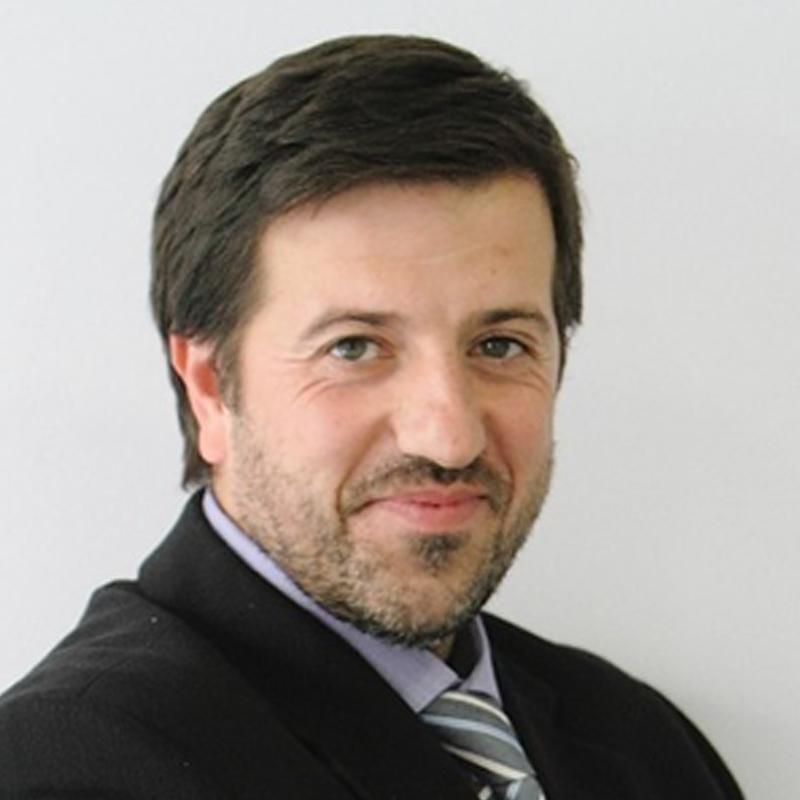
12:00-16:00 CET (Brussels time zone)
Responsibility & Sustainability-driven Marketing
By Dr. Pavlos A. Vlachos (Associate Professor, ALBA Graduate Business School at The American College of Greece)
Scope:
To identify the links between CSR reporting, marketing (ethics), and analytics.
Key learning outcomes — at the end of this session students should be able to:
- Define CSR or ESG performance as a key stakeholder satisfaction metric.
- Present the industry of CSR or ESG rating agencies.
- Identify the challenges in choosing and implementing an ESG measuring and reporting system.
- Offer research-based advice on how to communicate ESG.
- Review and experience survey-based instruments to measure ESG performance.
- Understand and analyze the role of Marketing Analytics tools like Positioning Maps in helping firms differentiate from competition and broadly compete on ESG performance.
- Review and experience how AI and Big Data disrupts ESG scoring with implications for greenwashing and marketing ethics (including for example selling practices & product labeling)
Contents:
- Marketing Reframed: Stakeholder Satisfaction & CSR Performance.
- Danone Case: Adopt Integrated Reporting or Not?
- CSR meets Marketing Analytics (Case: CSR positioning maps of Big Tech – competing on CSR)
- Truvalue Platform™ Demonstration (Artificial Intelligence, ESG Firm Scoring, and Marketing Ethics scoring). Truvalue Labs™ an awarded Fintech, applies Artificial Intelligence to massive volumes of unstructured data and scores firms on ESG behavior that has a material impact on company value. We will also focus on how AI allows firms to be monitored 24/7 on marketing ethics including customer privacy, access & affordability, product quality & safety, customer welfare, and selling practices & product labeling.
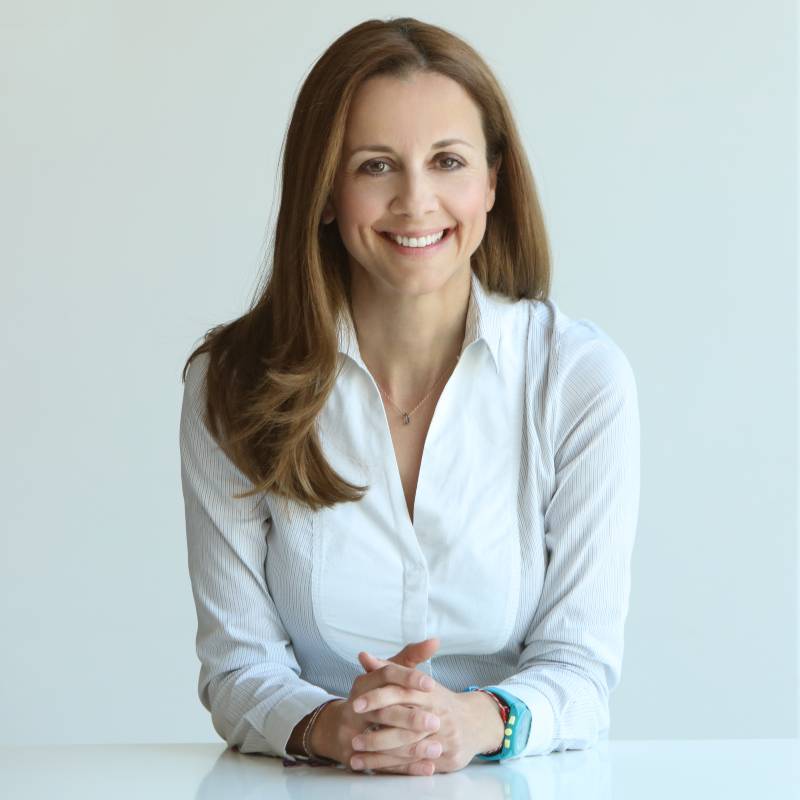
15:30-16:00 CET (Brussels time zone)
Materiality Analysis: the starting point of a sustainability journey
By Ms. Stavroula Aggelopoulou (Sustainability & Corporate Responsibility Director, OTE Group)
Contents:
Materiality analysis in practice. Presenting:
- OTE Group’s approach aligned with the Enterprise Risk Management methodology,
- How the process of the materiality analysis shapes our company’s sustainability strategy and defines our reporting,
- How it is also an important tool to meet the expectations of our stakeholders.

12:00-15:00 CET (Brussels time zone)
Climate Change & Energy Transition
By Dr. Haris Doukas (Associate Professor in Energy Policy & Management, National Technical University of Athens)
Scope:
To highlight the shared value from the sustainable use of resources and identify the business opportunities related to low-emission technologies, sustainable products and services.
Learning objectives / outcomes:
- Highlight the value from transforming the economy towards climate neutrality.
- Introduce climate change within corporate risk management.
- Identify and introduce emissions related material issues within a CSR strategy.
- Identify a corporate portfolio with transformations, tools and investments, from a decarbonization point of view, towards increasing energy efficiency at the lowest possible cost.
- Development of an action plan addressing the relevant material issues, transformations, tools and investments (identify the relevant goals and objectives; create a plan for how to achieve them; implement the proper transformations; evaluate the performance).
Contents:
- Energy and Climate Change.
- Energy efficiency First Principle.
- Energy and Sustainable Financing: A key pillar towards Climate Neutrality (EU Taxonomy, ESG).
- Sustainable Energy Financing tools and methods: DEEP and triple database, Triple A toolbox.
- Energy Efficiency Case Studies and Example.

15:00-16:00 CET (Brussels time zone)
Signify: from commitments to ESG leader
By Ms. Juliette Gaussem (Global Sustainability Reporting Manager, Signify)
Contents:
- Integration of sustainability into Signify’s new strategy and how the UN Sustainable Development Goals work as our strategic compass.
- How Signify will double its positive impact on the environment and society through the Brighter Lives, Better World 2025 program.
- Key to successes: Governance, reporting and engagement.

12:00- 15:00 CET (Brussels time zone)
Circular Business Models
By Dr. Antonis Zorpas (Assistant Professor, Open University of Cyprus)
Scope:
To highlight the business opportunities of the circular economy and promote the development of business models innovations towards sustainable and affordable goods and services.
Learning objectives / outcomes
- Identify and introduce circularity related material issues within a CSR strategy.
- Identify a corporate portfolio with transformations, tools and investments, from a decarbonization point of view, towards sustainable and affordable goods and services.
- Development of an action plan addressing the relevant material issues, transformations, tools and investments (identify the relevant goals and objectives; create a plan for how to achieve them; implement the proper transformations; evaluate the performance).
Contents:
- Circularity in production processes and value chains.
- Circular business models.
- Circularity strategies.
- Circularity entrepreneurship and SMEs.
- Consumers’ awareness and willingness to pay for circular goods and services.
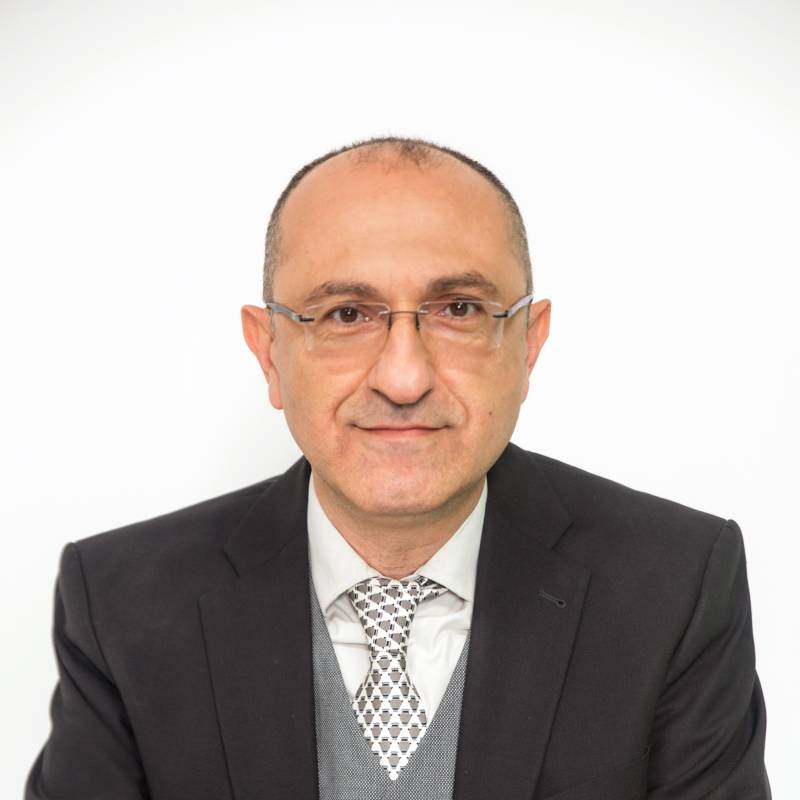
15:00- 16:00 CET (Brussels time zone)
ΟΤΕ Group goes zero plastic
By Mr. Thanos Belalidis (Sustainability Implementation & Communication Specialist, Sympraxis)
Contents:
- New Law 4736/2020 Incorporation of Directive (EU) 2019/904: Legal obligations for the reduction of disposable plastics
- OTE Group goes #ZEROPLASTIC: Where did we stand ? What did we manage?
- Moving forward – What’s next
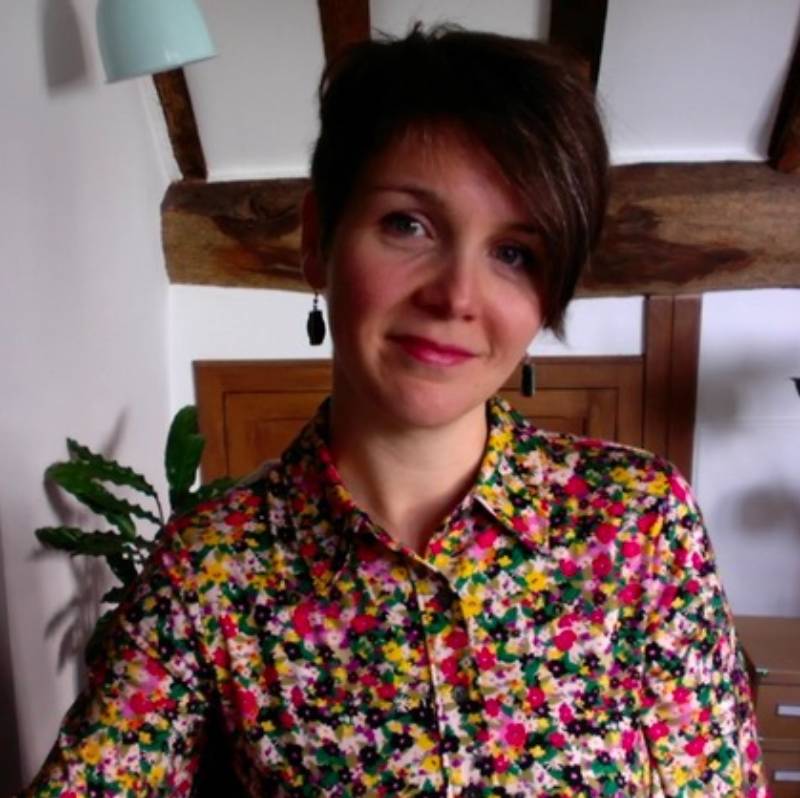
12:00-15:00 CET (Brussels time zone)
Sustainable Supply Chain Management
By Dr. Anne Touboulic (Associate Professor in Operations Management, Deputy Chair, Social Environmental Responsibility Group, PRME Lead, Nottingham University Business School)
Scope:
To identify the links and highlight the importance of CSR within the supply chain management.
Learning objectives / outcomes:
- Identify and introduce material issues related to responsible human capital management, within in a CSR strategy.
- Development of an action plan addressing the relevant material issues and proper transformations (identify the relevant goals and objectives; create a plan for how to achieve them; implement the proper transformations; evaluate the performance).
Contents:
- Defining sustainable supply chain management.
- The importance of supply chain relationships for sustainability.
- Governance of sustainability in supply chains.
- The European Commission’s study on the due diligence requirements through the supply chain.

15:00-16:00 CET (Brussels time zone)
Supply Chain Sustainability, The TITAN Approach
By Mr. Goce Serafimov (Group Category & Procurement Sustainability Manager, TITAN Cement Company S.A.)
Contents:
- TITAN’s Approach for Materiality and Targets 2025 (as introduction).
- Sectoral Approach and the leverage and adaptation for TITAN.
- TITAN’s strategic plan and actions as practitioner.

12:00-16:00 CET (Brussels time zone)
Social Capital, Corporate Relationships & Stakeholders Management
By Dr. Djordjija Petkoski (Lecturer and Senior Fellow, Zicklin Center for Business Ethics Research, The Wharton School – University of Pennsylvania
Scope:
To highlight the role of partnerships aligning competing (private-private; private-public) or cooperative priorities.
Learning objectives / outcomes
- Integrate, analyze, evaluate, and manage the different aspects of innovative strategic partnerships at an organizational, local, and global level.
- Identify and introduce stakeholders’ related material issues within in a CSR strategy.
- Development of an action plan addressing the relevant material issues and proper transformations (identify the relevant goals and objectives; create a plan for how to achieve them; implement the proper transformations; evaluate the performance).
Contents
- How to align private sector interest with public sector priorities?
- Partnerships that go beyond the traditional models of public-private partnerships (partnerships with competitors; development organizations; donor agencies; foundations; and NGOs).
- Innovative partnerships and finance: How to move from “billions” to “trillions” in investments for financing the SDGs?
- Strategic collective action: From project based to long-term initiatives
- The challenge of implementation and leadership.
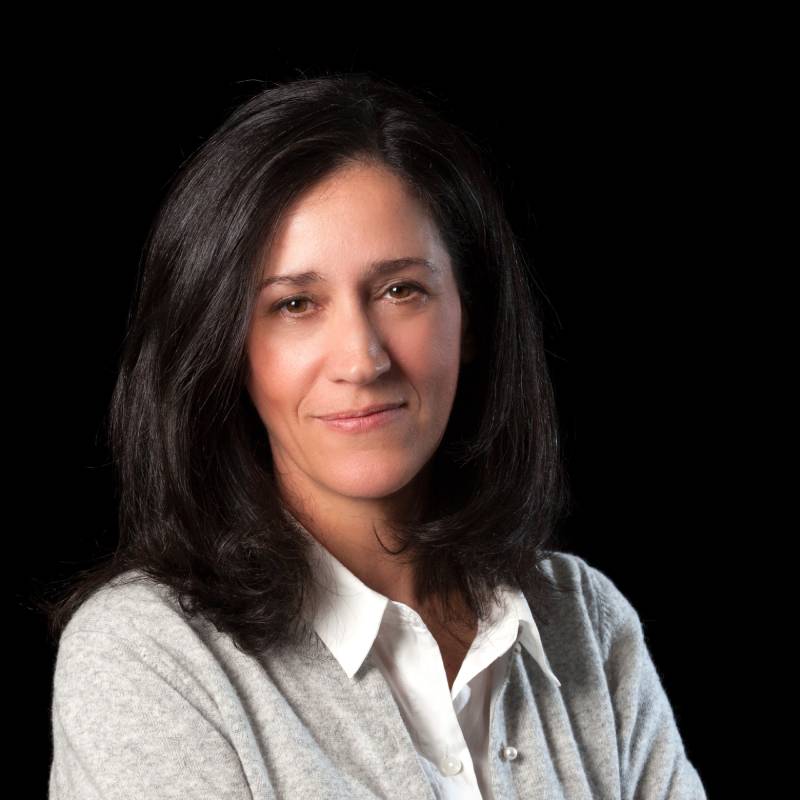
15:00-16:00 CET (Brussels time zone)
Social Capital, Corporate Relationships & Stakeholders Management Case Study
By Ms. Maria Alexiou (Senior ESG Advisor, TITAN Group; Chair BoD, CSR HELLAS, member BoD, UN Global Compact Network Hellas, member BoD, CSR Europe, member PTF-RNFRO, EFRAG)
Scope:
To highlight the role of partnerships aligning competing (private-private; private-public) or cooperative priorities.
Learning objectives / outcomes
- Integrate, analyze, evaluate, and manage the different aspects of innovative strategic partnerships at an organizational, local, and global level.
- Identify and introduce stakeholders’ related material issues within in a CSR strategy.
- Development of an action plan addressing the relevant material issues and proper transformations (identify the relevant goals and objectives; create a plan for how to achieve them; implement the proper transformations; evaluate the performance).
Contents
- How to align private sector interest with public sector priorities?
- Partnerships that go beyond the traditional models of public-private partnerships (partnerships with competitors; development organizations; donor agencies; foundations; and NGOs).
- Innovative partnerships and finance: How to move from “billions” to “trillions” in investments for financing the SDGs?
- Strategic collective action: From project based to long-term initiatives.
- The challenge of implementation and leadership.

12:00-16:00 CET (Brussels time zone)
Servant Leadership towards Responsibility & Sustainability
By Dr. Anthony Montgomery (Professor of Work & Organizational Psychology, University of Macedonia)
Scope:
To unfold around the fundamental practices that help boost mutual respect and collaboration in the era of disruption and digitalization, in order to build connections between servant leadership and sustainable leadership.
Learning objectives / outcomes:
- Understand the differences between a fixed mindset and a growth mindset and explore the connection between the growth mindset and the servant mindset.
- Explore the techniques, behaviors competencies connected with the growth mindset: curiosity, agility, openness, experimentation, vulnerability, dealing with risk and with failure, persistence, commitment and passion for continuous learning.
- Reflect on the value of purpose as well as on the ways that they can co –create organizational and community contexts that promote value and purpose for sustainability, prosperity and growth.
- To introduce Servant mindset, the values and competencies interrelating with it, as well as the core practices connected with a servant approach, such as empathizing, listening, unleashing the energy and intelligence of others, finding meaning, changing the pyramid from top to bottom, igniting growth and sharing foresight.
Contents:
- Review of how Mindsets impact on effectiveness.
- The connection between Servant Leadership and Sustainable leadership.
- Identifying Meaning and Purpose in organizational life.
- Using emotional regulation strategies in leadership.
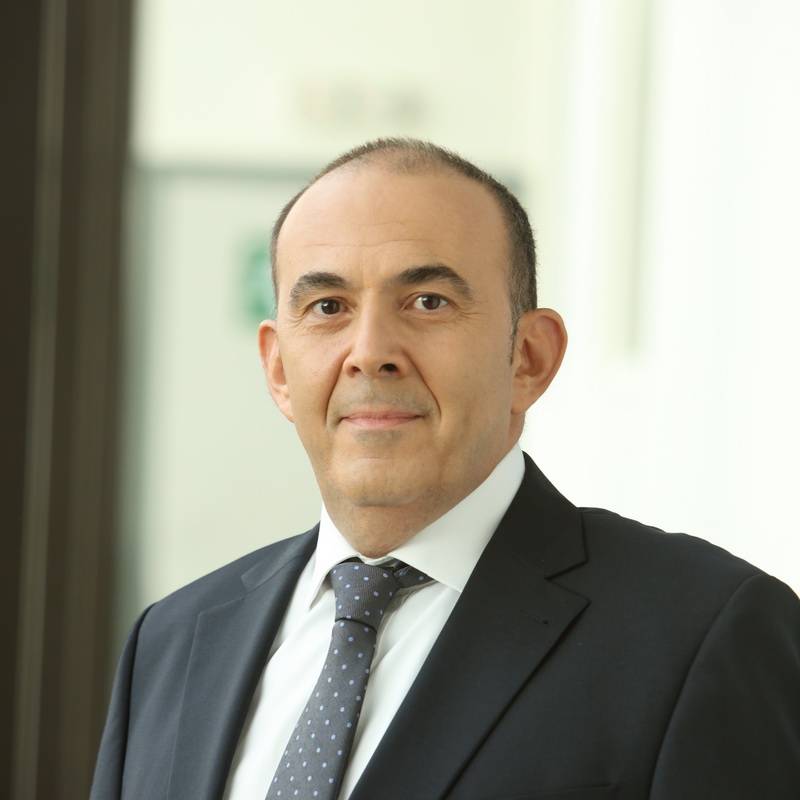
15:00-16:00 CET (Brussels time zone)
Human Rights in OTE Group
By Mr. Aris Dimitriadis (Executive Director Compliance, ERM & Insurance, OTE Group)
Contents:
- Human Rights in Business – United Nations
- Code of Human Rights and Social Principles OTE Group
- OTE Group respects Human Rights
- 10 Fundamental Social Principles in OTE Group
- OTE Group complies with internationally recognized norms, directives, standards
- We respect Diversity
- Human Rights Integrated Approach
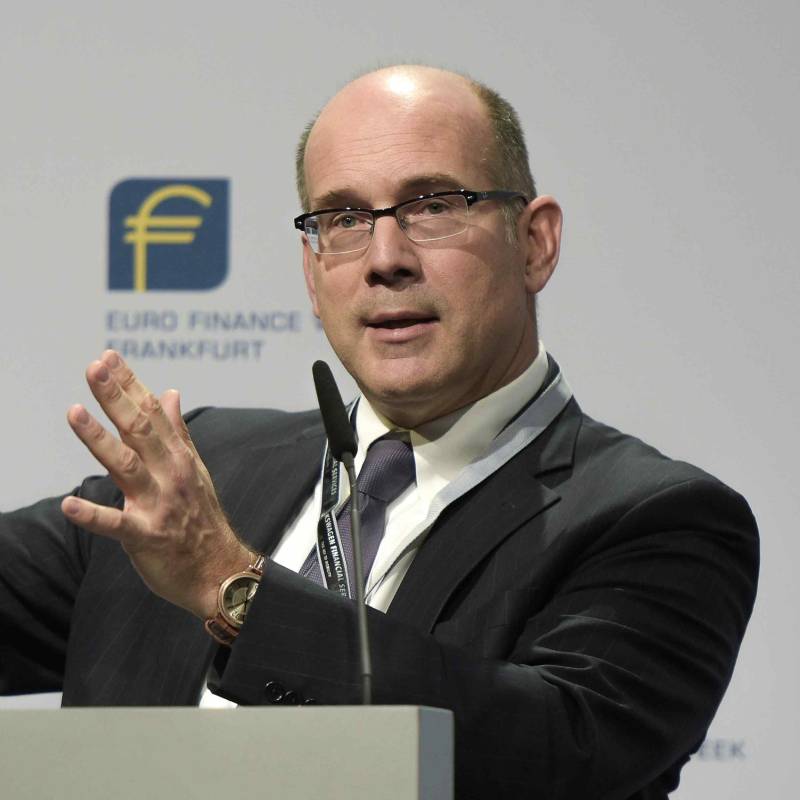
12:00-15:00 CET (Brussels time zone)
Sustainable Finance & Responsible Banking
By Professor Kern Alexander (University of Zurich and Queens’ College, University of Cambridge)
Scope:
To highlight the role of finance towards CSR and shared value creation.
Learning objectives / outcomes:
- Understand the drivers affecting the transition from “finance” to “sustainable finance”.
- Understand how CSR investments improve firms’ access to capital.
- Identify macro-, meso-, and micro-ESG issues affecting corporate risk and the cost of capital.
- Planning and financing responsible investments towards sustainable value creation.
Contents:
- The inclusion of environmental and societal risks in finance.
- Drivers affecting the transition from “finance” to “sustainable finance”.
- Business opportunities within sustainable finance and the relevant returns.
- Investment planning fulfilling the “Principles for Responsible Banking”.
- Capacity building for SMEs.
- Implementation of the “Principles for Responsible Banking”: The banking perspective.
![]()
![]()
15:00-16:00 CET (Brussels time zone)
Sustainable Finance & Responsible Banking Panel Discussion
By Mr. Fotis Kourmousis (Special Secretary for Private Debt Management (NPL), Ministry of Finance & Board Member, Hellenic Development Bank) & Dr. Hakan Lucius (Head of Corporate Responsibility, European Investment Bank)
Scope:
to explain the need of SMEs and entrepreneurs to realize and adapt to the changes tied to CSR and ESG criteria, while presenting best practices of ESG incorporation in the public supplies sector.
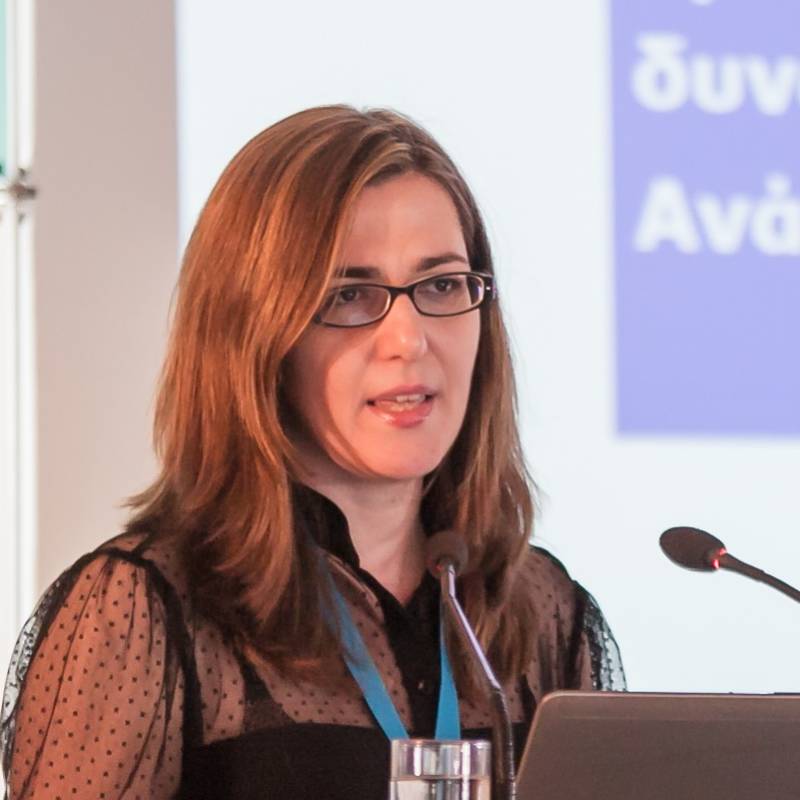
12:00-15:00 CET (Brussels time zone)
Future of Work
By Dr. Eleni Lamprou (Research Fellow, ALBA Graduate Business School, The American College of Greece)
Scope:
Sustainability as a key driver for the Future of Work.
Learning objectives / outcomes:
Provide key insights on how we can develop the necessary skills and knowledge to succeed in an ever-changing work environment, and unfolds around emerging trends with regards to the:
- Utilization of technology, automation, and virtual reality.
- Rise in machine learning and artificial intelligence (AI).
- Importance of developing soft skills and the significance on valuable transferable skills.
- Opportunities and challenges presented due to the imperative for sustainability.
Contents:
- Impact of technological advancements, economic factors, demographic patterns, societal norms and sustainability on the organization of work.
- Repercussions on the labour market, competencies in demand and emerging working models / forms of work.
- Scope of intervention of alternative stakeholders (institutions, organizations, individuals) in ensuring decent and sustainable work for all.
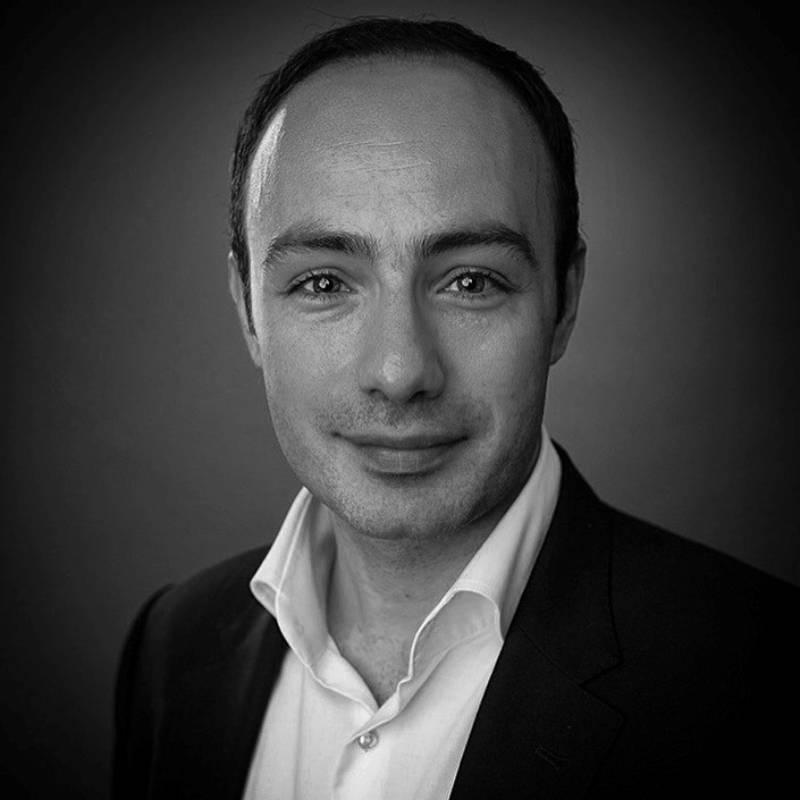
15:00-16:00 CET (Brussels time zone)
Sustainable Value Creation across different sectors
By Mr. Alkis Tsikardonis (Head of Corporate Responsibility, METRO AG)
Contents:
- What is Sustainable Value Creation and how it can change.
- Purpose, Mission, Vison, Value: moving beyond the sustainability jargon.
- Industry perspectives – approaching sustainable value creation in different sectors.
- Value Creation Insight: key topics in food supply chains.
- What is next? Tips to get started or get it going.
Who's Teaching
Tutors of the CSR School 2021

Dr. Djordjija Petkoski
Lecturer and Senior Fellow, Zicklin Center for Business Ethics Research, The Wharton School - University of Pennsylvania

Dr. Constantine Manasakis
Associate Professor, Political Science Dpt., University of Crete

Dr. Anne Touboulic
Associate Professor in Operations Management, Deputy Chair, Social Environmental Responsibility Group, PRME Lead, Nottingham University Business School

Dr. Pavlos A. Vlachos
Associate Professor of Marketing, ALBA Graduate Business School, The American College of Greece

Dr. Antonis Zorpas
Associate Professor, Open University of Cyprus

Professor Kern Alexander
University of Zurich and Queens' College, University of Cambridge

Dr. Olga Epitropaki
Professor and Director of Research of the Management & Marketing Department, Durham University Business School

Dr. Anthony Montgomery
Professor of Work & Organizational Psychology, University of Macedonia

Dr. Aspasia Tsaoussi
Associate Professor in Sociology of Law and Law & Economics, School of Law, Aristotle University of Thessaloniki

Dr. Alexandros Antonaras
Associate Professor of Management and Vice President of Student Services, University of Nicosia

Dr. Haris Doukas
Associate Professor, National Technical University of Athens

Dr. Eleni Lamprou
Research Fellow, ALBA Graduate Business School, The American College of Greece
Practitioners of the CSR School 2021
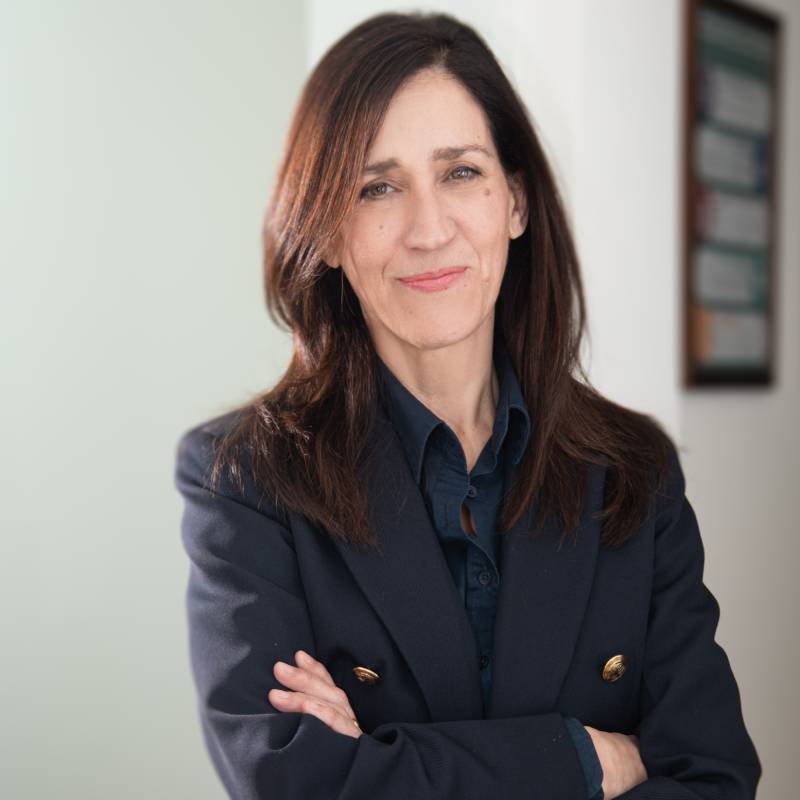
Ms. Maria Alexiou
Chair BoD, CSRHELLAS; BoD member, CSR Europe; ESG Senior Advisor, TITAN Cement Group; Member, PTF ESRS Secretariat, EFRAG
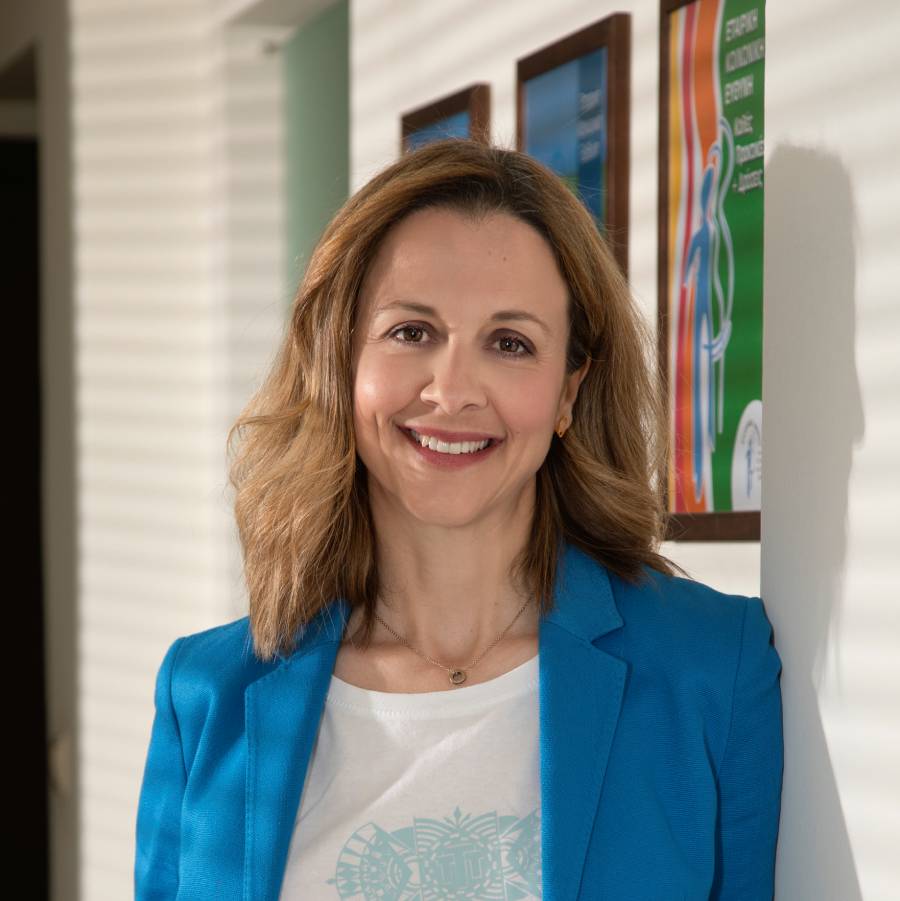
Ms. Stavroula Aggelopoulou
Sustainability & Corporate Responsibility Director, OTE Group
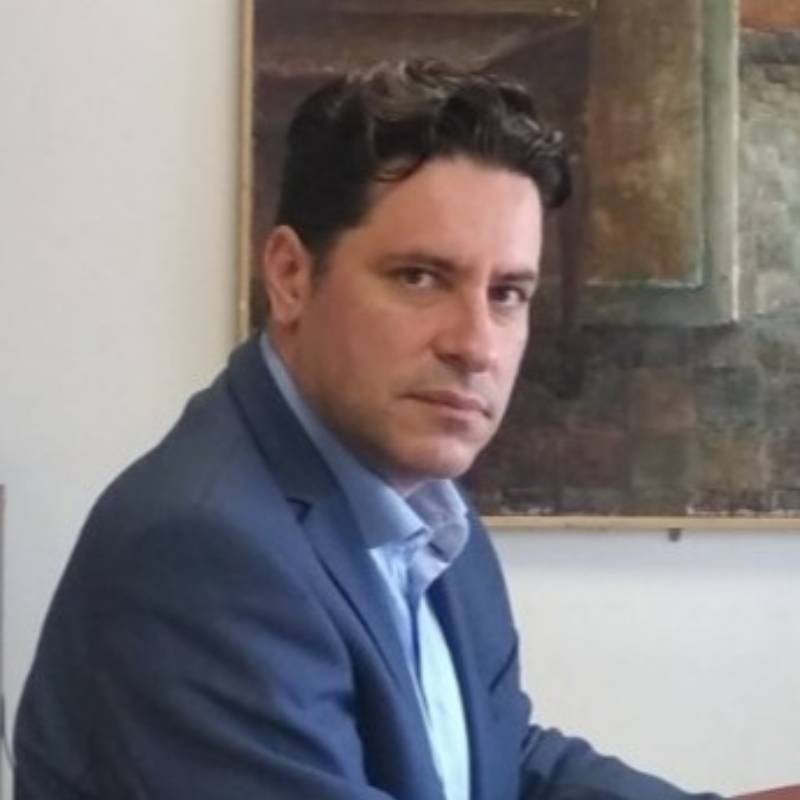
Mr. Fotis Kourmousis
Special Secretary for Private Debt Management (NPL), Ministry of Finance & Board Member, Hellenic Development Bank
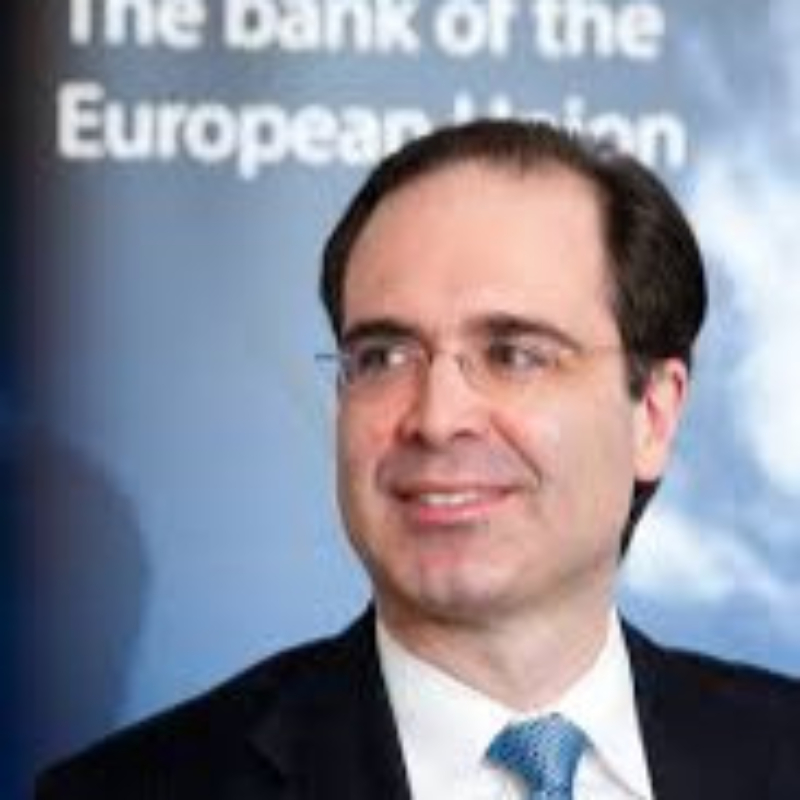
Dr. Hakan Lucius
Head of Corporate Responsibility and Civil Society Division, European Investment Bank

Mr. Henning Ohlsson
Director Sustainabilty Epson Europe / Managing Director Epson Deutschland GmbH

Ms. Giulia Genuardi
Board Member, Enel Americas S.A, Professor of Corporate Social Responsibility, LUMSA

Mr. Alkis Tsikardonis
Head of Corporate Responsibility, METRO AG
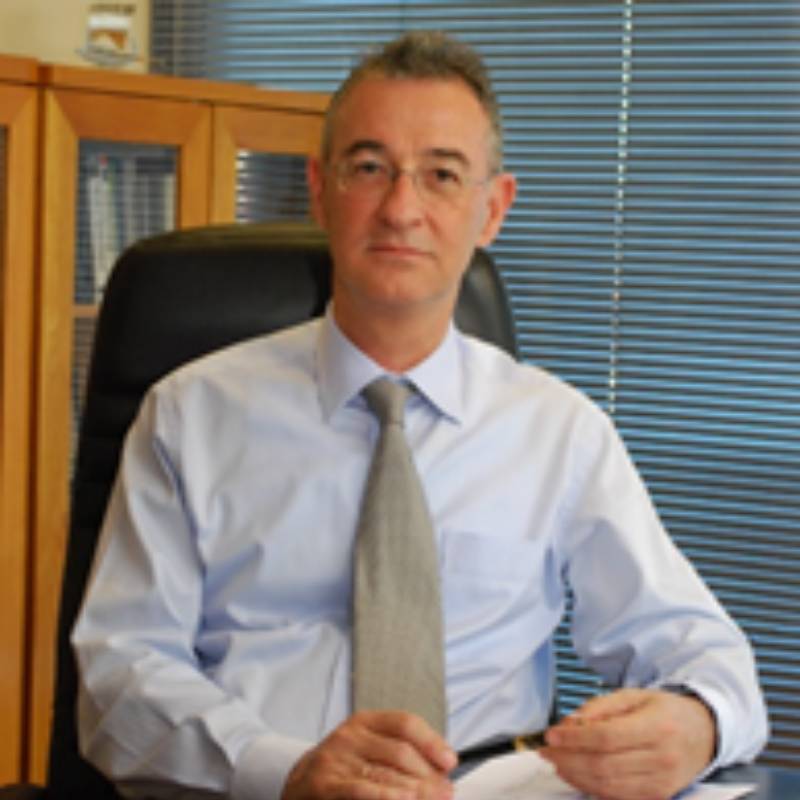
Mr. Yiannis Fotopoulos
Crisis Management Director of Corporate COVID-19 Steering Committee, Hellenic Petroleum Group of Companies

Ms. Juliette Gaussem
Global Sustainability Reporting Manager, Signify

Mr. Goce Serafimov
Group Category & Procurement Sustainability Manager, TITAN Cement Company S.A.

Mr. Thanos Belalidis
Sustainability Implementation & Communication Specialist, Sympraxis

Ms. Izabella M. Tsirba
Head Counsel, Finance & Capital Markets, TITAN Cement Group

Mr. George Kavathas
Member of Corporate Covid 19 Steering Committee, HELLENIC PETROLEUM Group of Companies

Mr. Aris Dimitriadis
Executive Director Compliance, ERM & Insurance, OTE Group
Guests of the CSR-School 2021
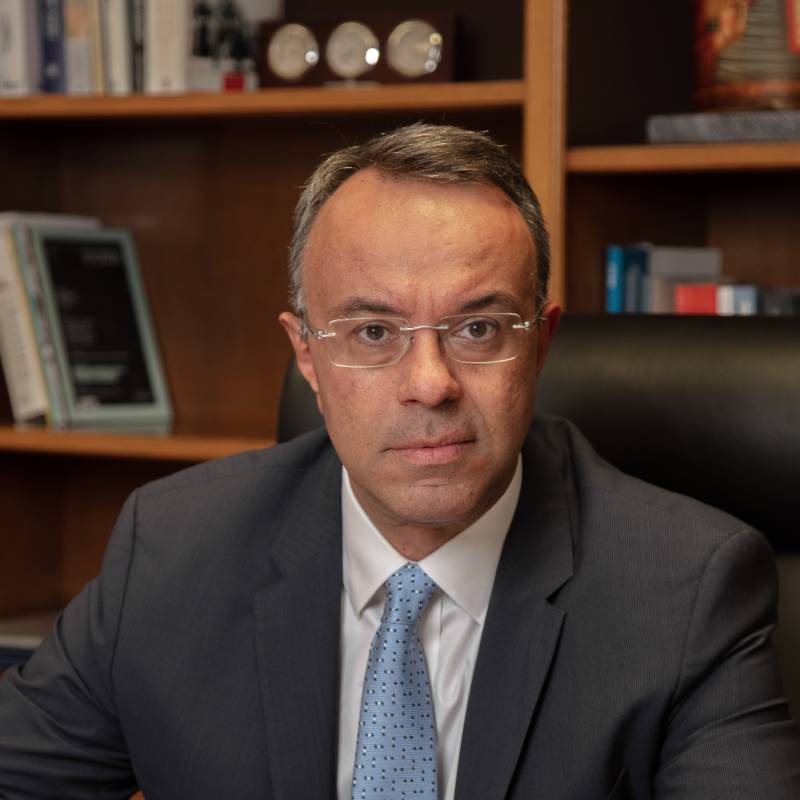
Dr. Christos Staikouras
Minister of Finance, MP, Nea Demokratia, Hellenic Republic
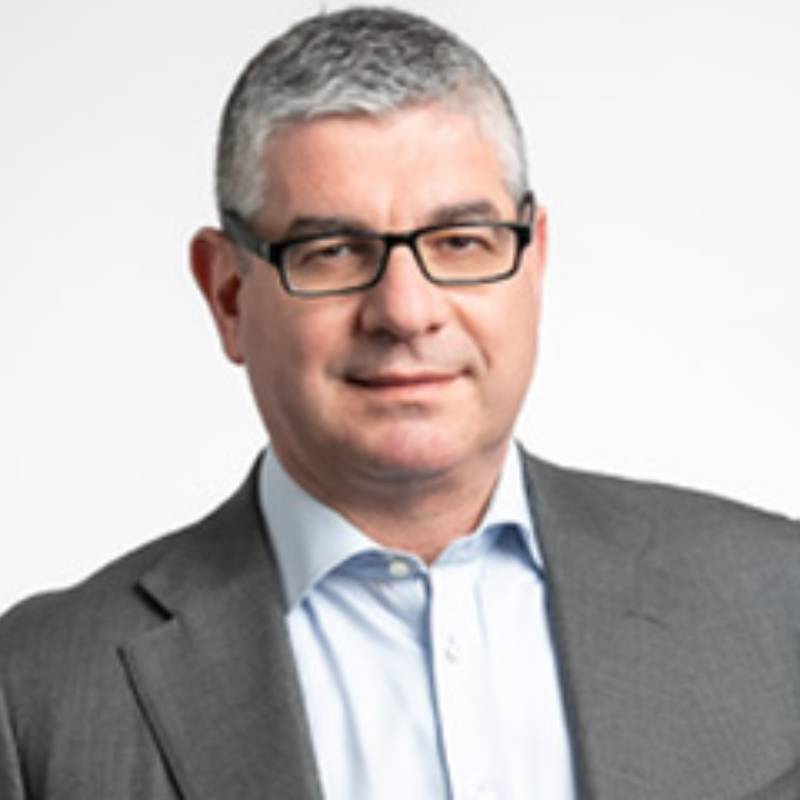
Mr. Yannis Tsakiris
Deputy Minister for Development and Investments, Hellenic Republic

Dr. Kostas Axarloglou
Dean, ALBA Graduate Business School, The American College of Greece

Ms. Claudia Carydis
Vice President, Public Affairs, The American College of Greece

Dr. Antonios Mountouris
Head of Environmental Management and Sustainable Development Department, Hellenic Petroleum Group
Moderation & Administration of the CSR-School 2021
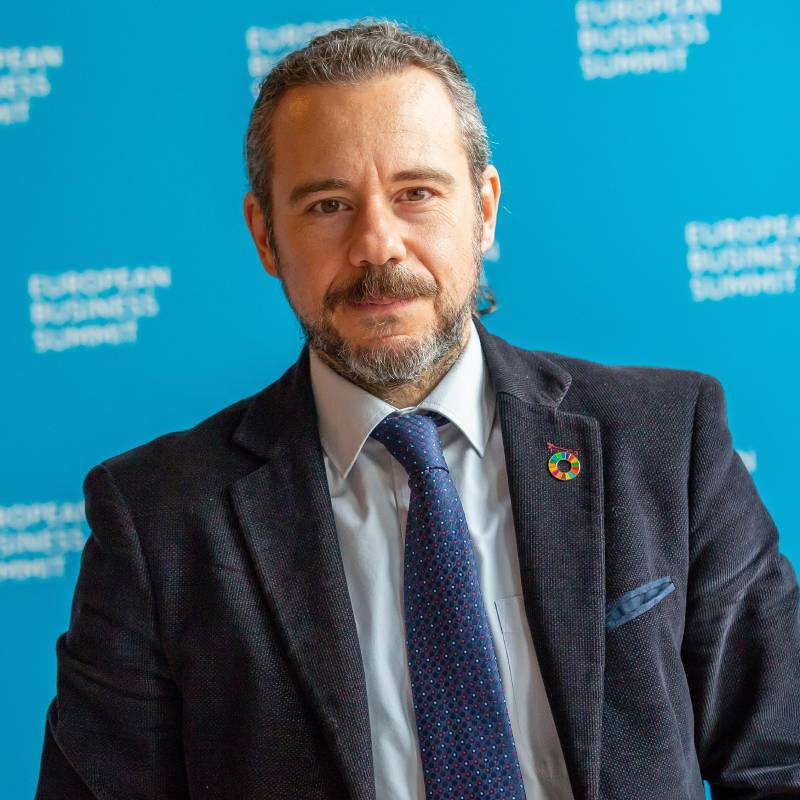
Mr. Alexandros Kostopoulos
Deputy Director, CSR HELLAS; BoD Member, CSR Europe


